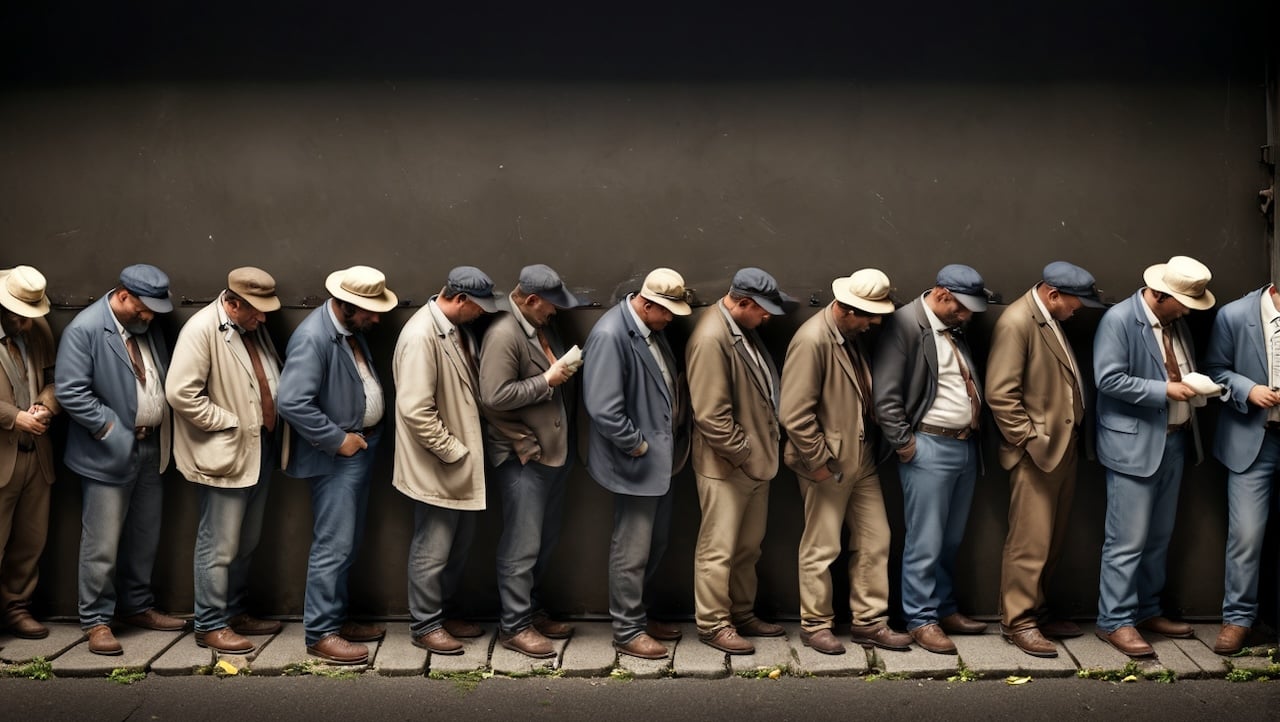(Mike Maharrey, Money Metals News Service) Economics once again defied the will of politicians — this time in Minneapolis, Minnesota. The Minneapolis City Council wanted to help out Uber and Lyft drivers, so it recently passed an ordinance setting a minimum wage for drive-share drivers. Under the law, companies such as Uber and Lyft must now pay their drivers a minimum of $1.40 per mile and at least 51 cents per minute while carrying a passenger.
In effect, the new law will ensure Uber and Lyft drivers operating in Minneapolis will get paid the equivalent to the city’s $15.57 an hour minimum wage.
Council Member Robin Wonsley sponsored the ordinance. She called the victory “a David Goliath story.”
“Regular working-class people took on two corporate giants and their political allies and won. Uber and Lyft want us to believe they are untouchable, and the status quo of exploiting workers cannot be fixed.”
This is indeed a great victory for all of the Uber and Lyft drivers operating in Minneapolis!
Except now there are none.
Proving once again that the real minimum wage is always zero, Uber and Lyft both announced they will simply cease operations in Minneapolis. In fact, Uber said it would pull out of the entire Twin Cities metro beginning May 1.
If the companies follow through, it will leave 10s of thousands of drivers out of work with a wage of zero.
James Harrigan at the American Institute for Economic Research (AIER) summed it up this way:
“So by decreeing what workers ‘should’ make in their city, the Minneapolis City Council has guaranteed that Uber and Lyft drivers will now earn nothing, instead of making a wage they were all clearly comfortable making. How do we know that? They all kept their driving gigs at what they were being paid. It was, in their estimation, the best option they had. Now they no longer have that option.”
A similar drama played out in California last year after the state assembly passed a law setting a $20 per hour minimum wage for workers at fast-food chains with 60 or more locations nationwide. To cope with the increased cost of labor, two Pizza Hut operators announced plans to eliminate delivery service. That means some 1,200 delivery drivers went from making whatever wage they used to make to earning zero.
Meanwhile, UPS announced a wave of layoffs months after agreeing to a new contract with drivers that the company said would raise full-time delivery driver earnings to an average of $170,000 in wages and benefits.
Minimum wage laws and union pay scales are politically popular. According to the narrative, benevolent politicians and union bosses drive pay higher to force greedy businesses like Uber and Lyft to pay their workers a decent wage. It sounds great, doesn’t it? It seems like a victory for the little guy – a David and Goliath story, as Wonsley put it.
But minimum wage policies rely on an enduring economic myth — the notion that these laws and union deals only help workers and have no real negative effects. The fallacy inherent in this line of thinking becomes immediately clear if we simply propose a $1,000-per-hour minimum wage. It’s obvious this would be unsustainable and would create all kinds of problems. Nobody could pay that ridiculous wage.
This teaches an important economic lesson that politicians like Wonsley need to learn. You can’t suspend economic laws by government or union edict.
There are always tradeoffs when it comes to economic calculations. That’s because we operate in a world with scarce resources. When you have winners, there are almost always losers.
Harrigan summed it up like this:
“Councilwoman Wonsley is right. This is a David and Goliath story. But the government is always Goliath, and Goliath almost always wins. And when Goliath wins, labor often loses.
“More importantly, customers and business owners lose, too.
“And what’s going to happen to taxi fares in the Twin Cities when Uber and Lyft exit the market?
“When supply decreases, demand increases, as does the price.”
It remains unclear how this will play out. Uber and Lyft say they are working on a compromise. State officials are now apparently getting into the fray. And they will almost certainly muck things up even worse.
The real solution is to let the market determine the pay rates for ride-share drivers. But politicians can never leave well-enough alone.
Mike Maharrey is a journalist and market analyst for MoneyMetals.com with over a decade of experience in precious metals. He holds a BS in accounting from the University of Kentucky and a BA in journalism from the University of South Florida.

